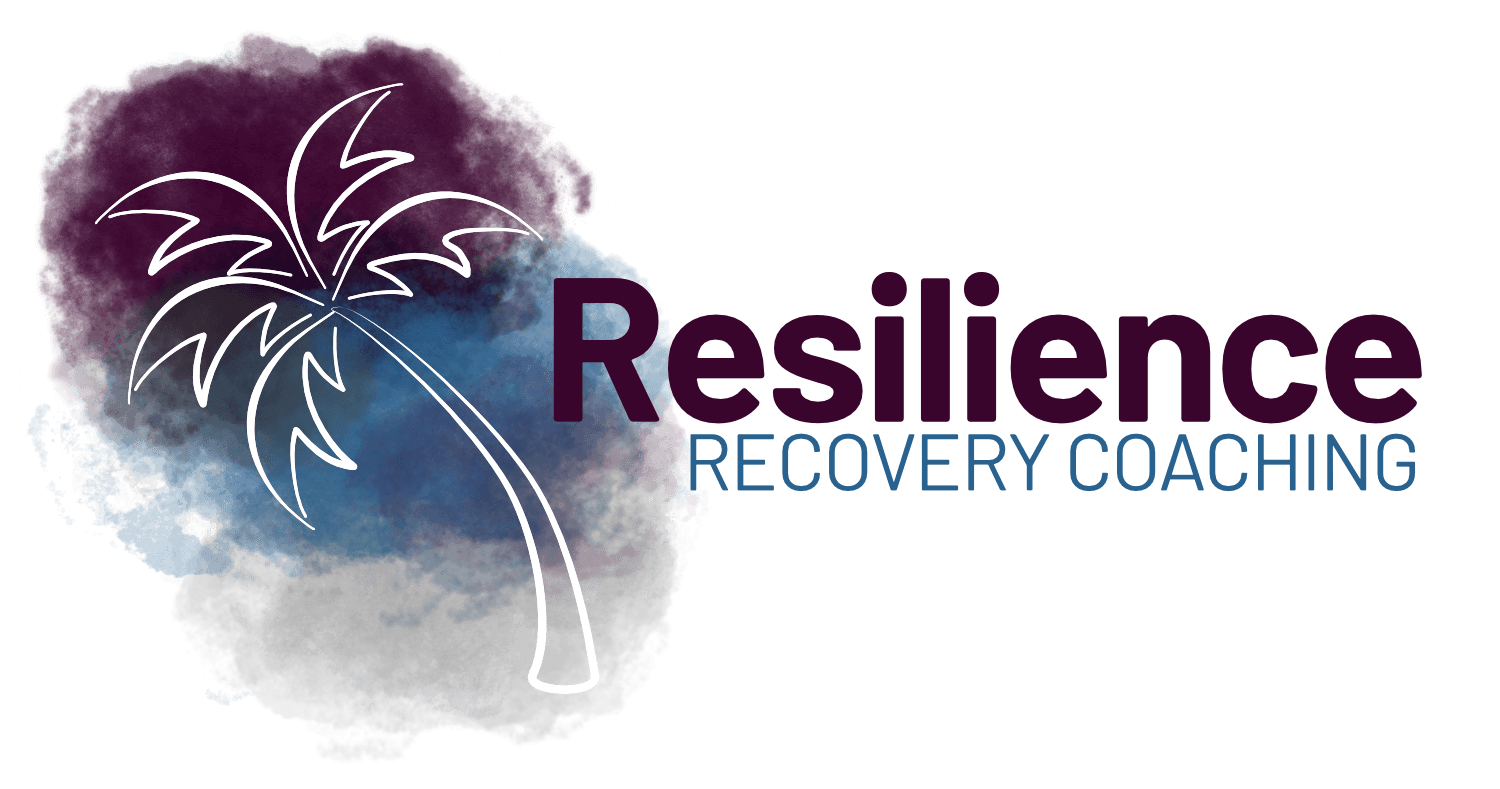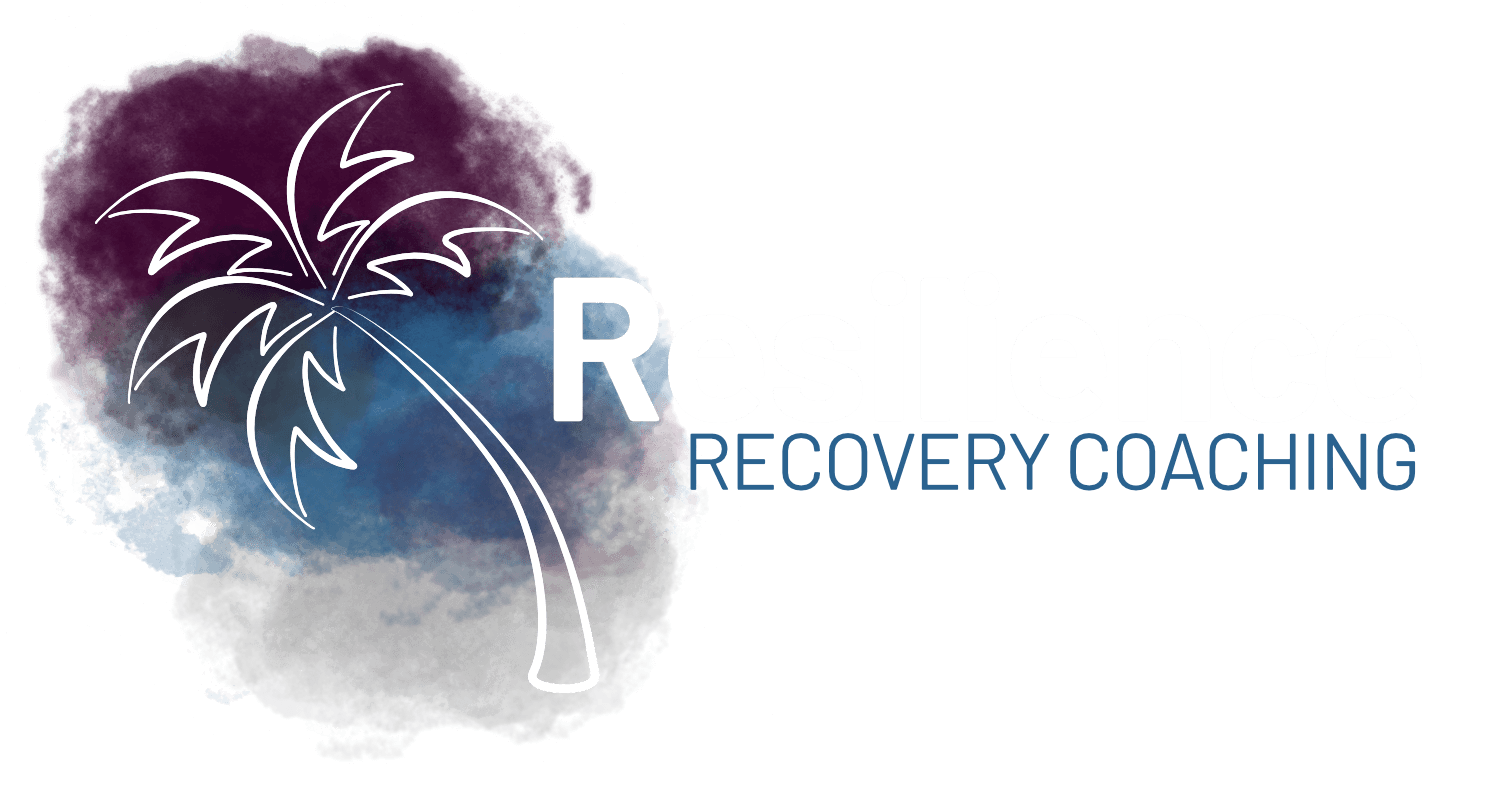
“ The land of burnout is not a place that I ever want to go back to.” -Arianna Huffington
Job burnout is at an all time high. Burnout is a much more serious problem than just routine job stress. Burnout is a result of chronic and prolonged job stress and includes three particular phenomenon: mental and physical exhaustion, cynicism and feelings of decreased professional ability. While anyone can experience burnout certain professions are at a higher risk. One of the highest rates of burnout occurs in the medical profession where it is estimated that about 50% of physicians are suffering from the syndrome. In addition other professional in the caring field such as nurses and social workers are at an increased risk. Other professions that are prone to burnout include teachers, attorneys and police officers.
The symptoms of burnout can include poor energy, motivation and concentration. In addition, people who are experiencing burnout often feel disillusioned about their job and start to question their efficacy. Often, people suffering from burnout start to have issues with regulating their moods, become more withdrawn, sometimes exhibit mood swings and can even have suicidal ideation. Burnout can result in use of food, drugs or alcohol in order to feel better. If not addressed burnout can result in serious consequences including high blood pressure, heart disease, type 2 diabetes and vulnerability to other illness.
It is very important to address burnout proactively. As a physician I suffered from burnout which led me to poor coping mechanisms and an addiction to prescription pain medications. I did not seek help which resulted in significant consequences to my career. There is hope, however, for those suffering from burnout. The first step is to seek support from your co-workers, friends or loved ones. If you have access to an employment assistance program, take advantage of their services. Working with a counselor or recovery coach can assist you in brainstorming ways to change your schedule or your job. Even more importantly a recovery coach can work with you to develop more effective coping mechanisms for stress.





